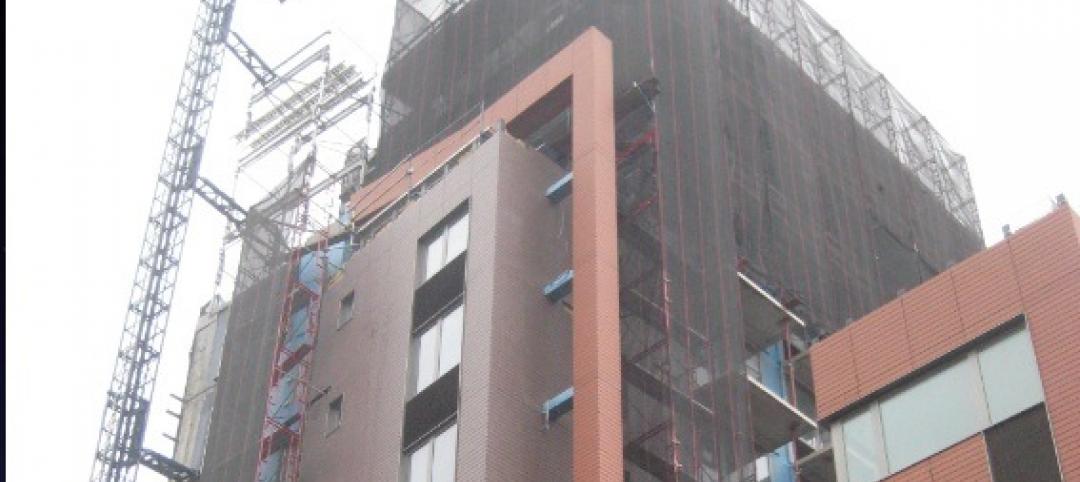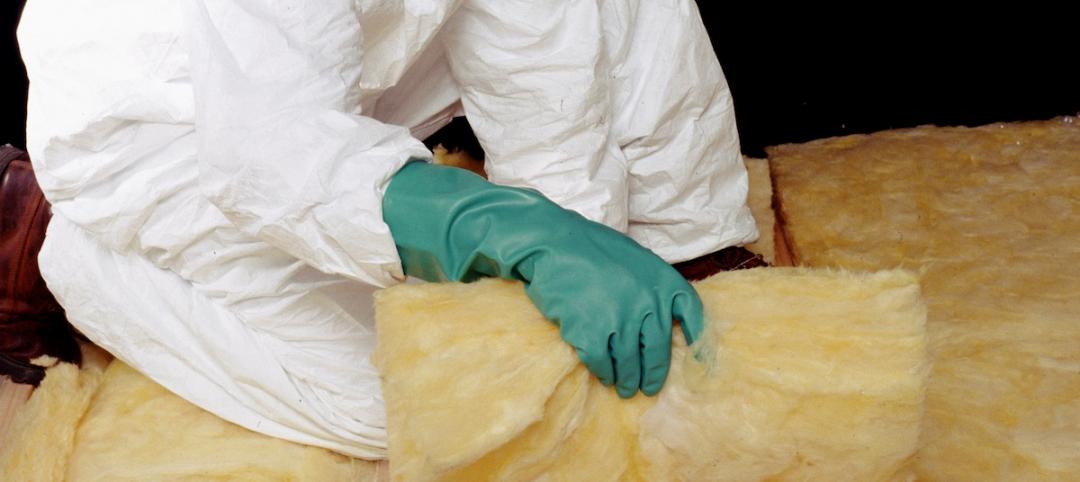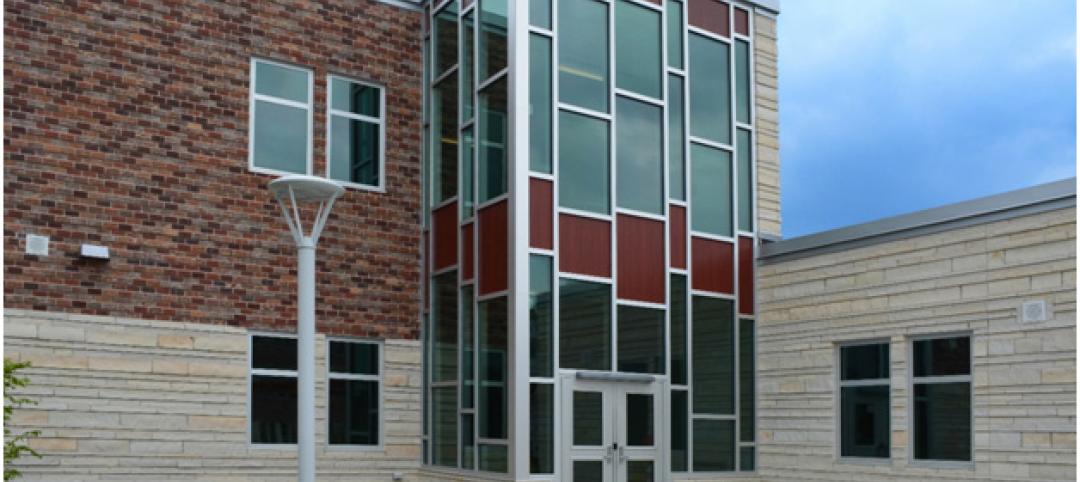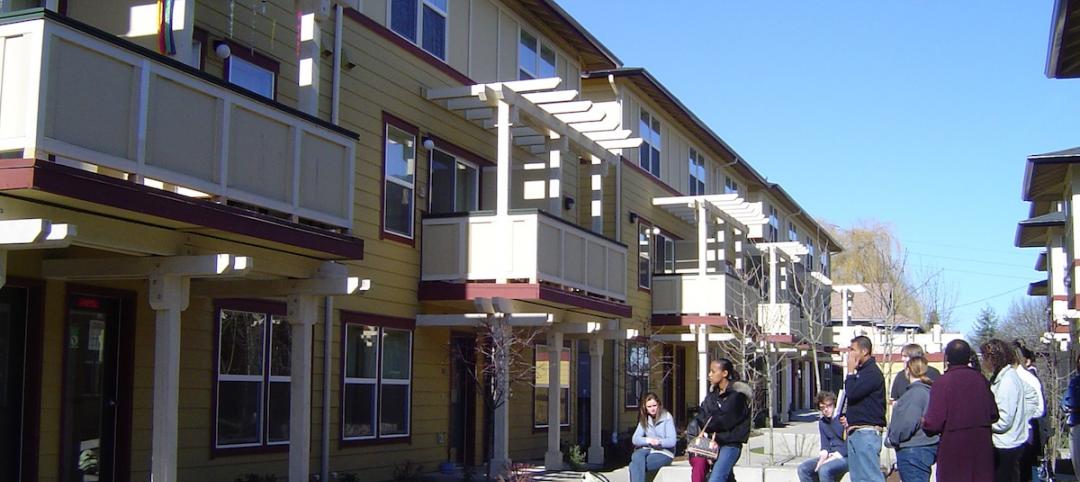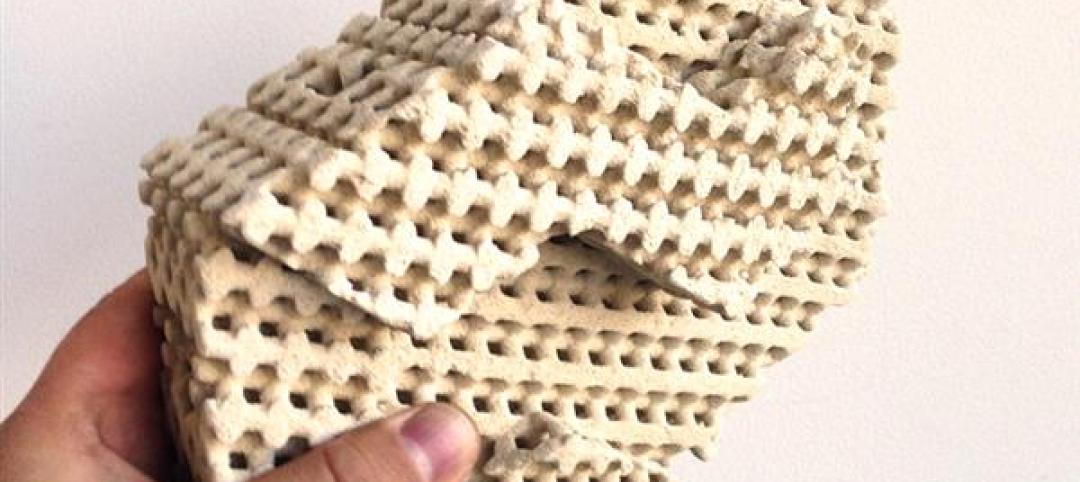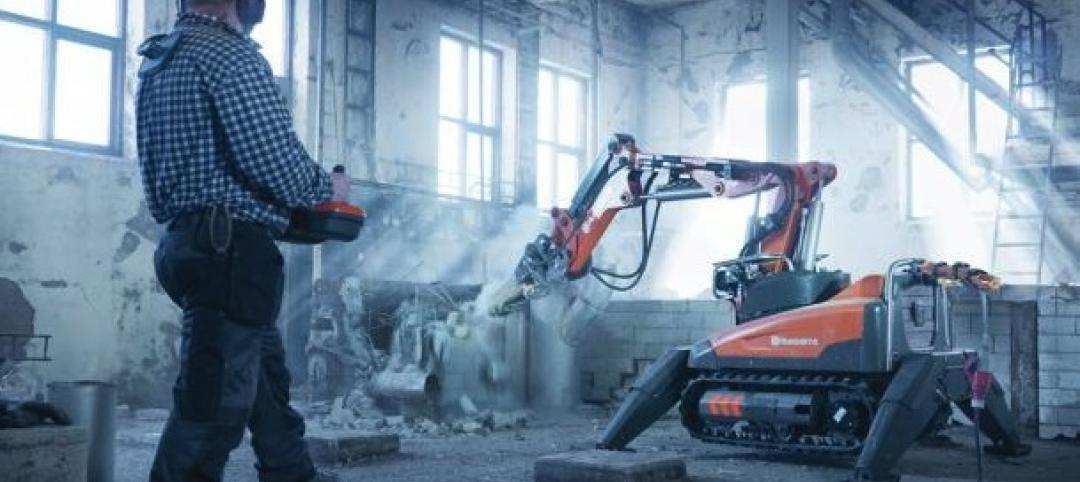Exterior insulation and finish systems, or EIFS, are proprietary wall cladding assemblies that combine rigid insulation board with a water-resistant exterior coating. EIFS are popular chiefly for their low cost and high insulating values, and they are used in a range of construction types, from hotels to office parks to multifamily housing.
Unlike traditional stucco, which is composed of inorganic cement-bonded sand and water, EIFS uses organic polymeric finishes reinforced with glass mesh. As an energy-efficient, economical wall covering, EIFS can be effective for both new construction and recladding applications.
However, successful use of EIFS is highly dependent on proper design and sound construction practices. Without correct design and detailing, EIFS wall systems have been known to fail dramatically.
This course discusses the six elements of an EIFS wall assembly; common EIFS failures and how to prevent them; and EIFS and sustainability.
After reading this article, you should be able to:
• Describe the components of a typical Exterior Insulation and Finish System (EIFS) and differentiate among the classes of EIFS in terms of materials, properties, and usage, so as to evaluate existing systems and specify EIFS for new construction.
• Identify signs of distress in EIFS wall systems and associated sealant joints, flashings, and accessories, applying principles of EIFS construction to deducing the underlying causes of premature failure.
• Apply green building codes and standards to the design and specification of EIFS, implementing updated energy code requirements for continuous exterior insulation, so as to meet or exceed standards for building envelope thermal regulation and moisture control.
• Implement maintenance and repair practices to address staining, impact damage, punctures, cracks, and other signs of injury, using appropriate strategies that comply with industry standards, manufacturers’ requirements, aesthetic goals, and the client’s restoration objectives.
Take this AIA CES Discovery course at BDCUniversity.com
Related Stories
Building Enclosure Systems | Apr 12, 2016
Water Vapor Migration 101 [AIA course]
This course will describe how to select vapor retarders to control moisture migration and prevent condensation within the building enclosure. To earn 1.0 AIA CES HSW learning units, study the article carefully and take the exam.
| Jan 28, 2016
AIA CES class: The rainscreen approach to a better building envelope
Building envelope expert Bradley Carmichael of Hoffmann Architects explains how rainscreen wall systems work and evaluates the effectiveness of various rain-control methods, including mass walls, perfect barriers, and masonry veneers. This AIA/CES class is worth 1.0 learning unit.
Insulation | Oct 19, 2015
The expert’s guide to insulation materials
Even the best-designed envelopes can be undermined by thermal bridging in areas where insulation is deficient. Building envelope experts offers advice.
Building Enclosure Systems | Aug 11, 2015
Deriving value from coordinated building enclosure shop drawings
Building enclosure shop drawings play a critical role in guarding against common performance, cost, and schedule pitfalls associated with the transitions between adjacent enclosure components. Engineers with Simpson Gumpertz & Heger provide tips for success.
Sports and Recreational Facilities | Jul 23, 2015
Japan announces new plan for Olympic Stadium
The country moves on from Zaha Hadid Architects, creators of the original stadium design scrapped last week.
Sponsored | Building Enclosure Systems | Jul 20, 2015
Fire Rated Curtain Wall Performance in Dramatic Weather Conditions
Materials selected for the building envelope had to protect occupants from Wisconsin's weather, as well as ensuring their comfort.
Multifamily Housing | Mar 16, 2015
New Jersey Supreme Court puts control of affordable housing agency in the courts
The court said the state’s affordable housing agency had failed to do its job, and effectively transferred the agency's regulatory authority to lower courts.
Brick and Masonry | Feb 5, 2015
3D-printed 'cool brick' may provide cooling solution for arid locations
Cool Brick is made of porous ceramic bricks set in mortar. The bricks absorb water, which cools the air as it passes through the unit.
| Dec 28, 2014
Robots, drones, and printed buildings: The promise of automated construction
Building Teams across the globe are employing advanced robotics to simplify what is inherently a complex, messy process—construction.




